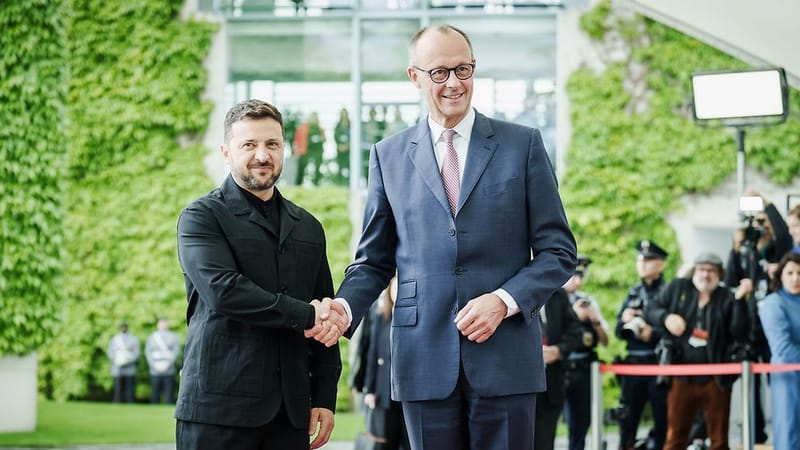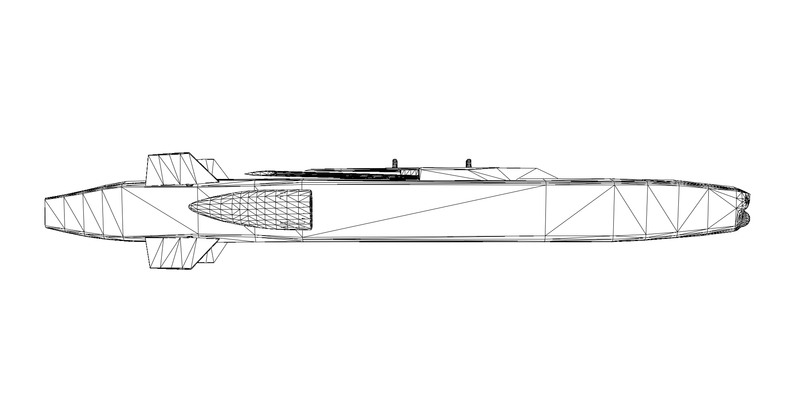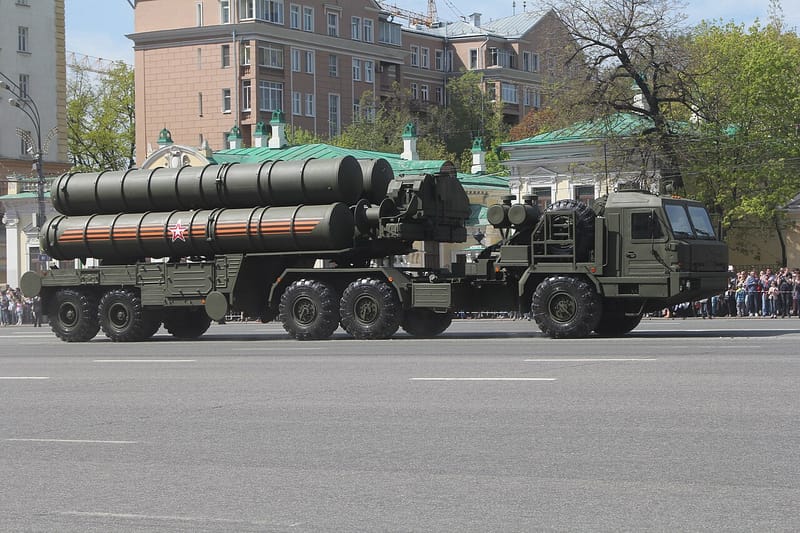Russian Strike on Odessa Kills Three Staff of German Logistics Firm HHLA
Three HHLA staff killed in first fatal strike involving German-operated commercial facility in Ukraine; incident highlights risks to EU-linked logistics amid intensifying hybrid threat landscape


Odessa, 30 May 2025 — A Russian missile strike on the HHLA Container Terminal Odessa (CTO) has killed three employees of Hamburger Hafen und Logistik AG (HHLA), a German logistics company headquartered in Hamburg. Five additional staff were injured, according to company statements. The strike occurred during the night of 29 to 30 May, making it one of the deadliest incidents involving personnel of a German-operated commercial facility in Ukraine since the start of Russia’s full-scale invasion.
HHLA has operated the terminal under elevated security conditions since the outset of the war. The company confirmed that this is the first fatal incident affecting its personnel in Ukraine. CEO Angela Titzrath described the news as “a painful moment for our entire company,” expressing condolences to the families of the victims.
“These colleagues are part of HHLA — just like our teams in Hamburg or Budapest. We grieve together and stand firmly with our partners in Odessa,” the company added in a statement.
Timeline
- 27–30 May: Drone attacks intensify across Ukraine
- Night of 29/30 May: Russian missile strike hits HHLA CTO in Odessa
- 30 May: HHLA, Hamburg officials issue public statements
Attack Context and Operational Background
The CTO facility in Odessa is a strategic logistics node situated along Ukraine’s Black Sea coastline. It has played a role in facilitating both civilian container throughput and grain exports under international shipping arrangements. Russia has repeatedly targeted infrastructure in and around Odessa, though direct strikes on foreign-operated commercial terminals have been rare.
The Ukrainian Air Force reported renewed waves of Russian drone and missile attacks across the country during this period, with the southern coastal region—particularly Odessa—under heightened pressure. Shahed-type drones and cruise missiles were deployed in coordinated overnight assaults, coinciding with reported Russian ground advances in several eastern oblasts.
Political Reactions from Germany
In Germany, the incident prompted swift political responses. Hamburg’s Second Mayor, Katharina Fegebank (Greens), expressed deep concern, calling the strike a “cowardly attack” and reaffirming solidarity with Ukraine. She noted that such events have tragically become “part of everyday life” for Ukrainians after more than three years of war.
CDU State Chairman Dennis Thering went further, framing the strike as a call to action. Calling for “maximum resolve,” he reaffirmed support for increased weapons transfers and harsher sanctions against Russia. Thering explicitly endorsed Chancellor Friedrich Merz’s recent decision to allow German-delivered weapons to be used beyond Ukrainian territory.
“Our sympathy alone is not enough,” Thering said. “This brutal act of Russian violence again shows that we, as the free world, must act with maximum determination.”
Implications for German Exposure in Ukraine
The fatal strike on HHLA’s Odessa terminal underscores the growing risks faced by foreign-operated logistics assets in active warzones. While the incident may not reflect deliberate targeting of German commercial infrastructure, it exposes the operational vulnerability of Western firms embedded in contested supply chains — particularly those involved in critical throughput like grain exports.
More broadly, the attack raises concerns that Russia’s hybrid pressure tactics could evolve to include economic presence as soft targets, especially where commercial infrastructure intersects with strategic logistics or political symbolism.
This development aligns with hybrid warfare patterns previously outlined in Großwald Curated (No. 18, No. 19), including shadow fleet interdiction, maritime sabotage, and deniable attacks on EU-linked infrastructure. The Odessa strike introduces a fourth axis: foreign-operated economic presence as soft target.
With no immediate federal response from Berlin, the incident is likely to intensify calls for national guidance on the boundaries of liability, protection, and engagement for German firms operating in high-risk theaters. As dual-use infrastructure becomes a battlefield in hybrid conflict, new frameworks are needed to address the overlap between commercial resilience and deterrence policy.
Sources:
– HHLA company statement, 30 May 2025
– Die Welt reporting, 30 May 2025
– Ukrainian Air Force Telegram updates, 28–30 May 2025
– Statements by Hamburg officials and CDU Hamburg, as reported by WELT




